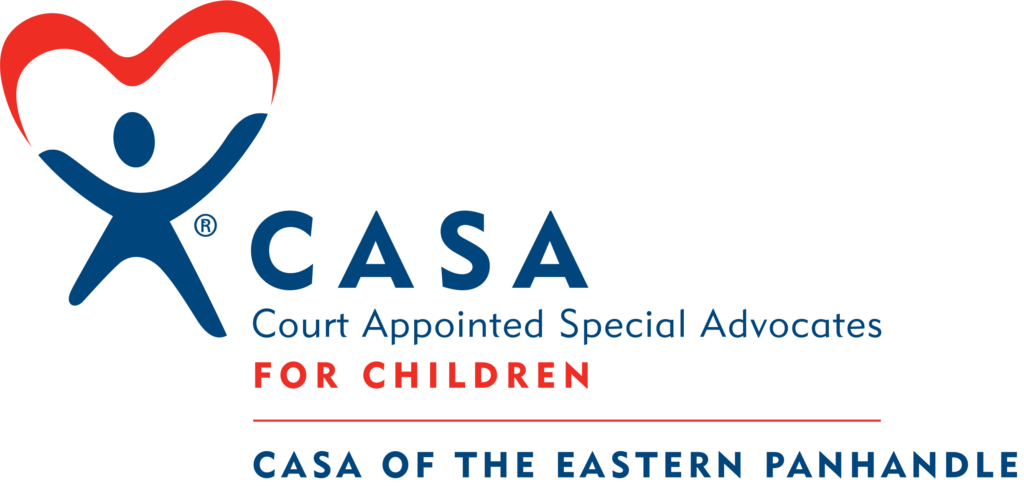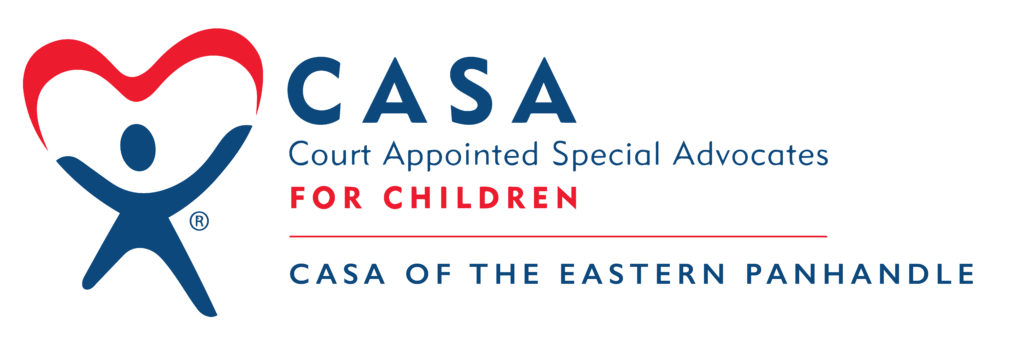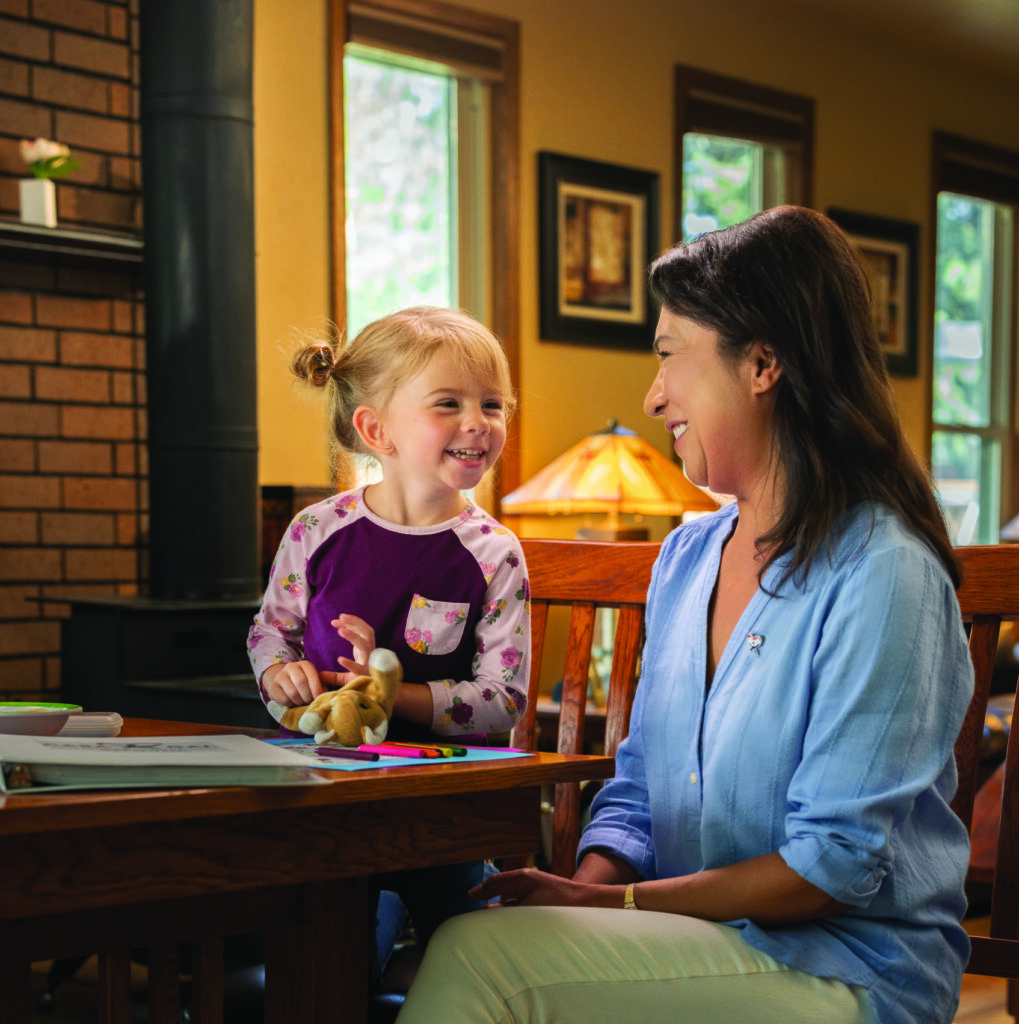September was National Kinship Care Month, a time to recognize the countless grandparents, relatives, and close family friends who step in to raise children when their parents cannot. Across the country—and right here in the Eastern Panhandle—kinship caregivers provide love, stability, and hope to children navigating incredibly difficult circumstances.
At CASA of the Eastern Panhandle (CASA-EP), we see firsthand the challenges and triumphs of kinship families. Few stories capture this reality better than that of Nancy Haines, a grandmother who adopted her two grandchildren after her daughter’s mental health struggles made it unsafe for them to remain in her care.
A Life-Changing Connection
When Nancy first met CASA volunteer David, she wasn’t sure what to expect. Another professional at her table felt overwhelming at first—someone else checking in, someone else asking questions. But everything shifted the moment he walked through her door.
“The day that he walked into my house, my whole world changed. The kids’ life changed.”
David became a steady, trusted presence for Nancy’s grandchildren. From kite flying to fishing trips to bike rides, he showed up for them in ways that brought joy, consistency, and relief. For Nancy, those visits also provided something invaluable: a break. A chance to rest, recharge, and take care of herself, knowing her grandchildren were safe and happy.
“As soon as they see Dave, they get this big smile on their face, and that is so heartfelt for me because of the fact I know they’re being 100% genuine.”
Finding Strength Through Struggles
Nancy’s caregiving journey has not been easy. She and her husband faced health challenges of their own—her husband passed away a few years ago, and Nancy herself has battled breast cancer. Yet through it all, she has continued to pour love into her grandchildren, determined to give them the safe and nurturing home they deserve.
Her grandchildren, in turn, have flourished through the support of CASA-EP. They’ve found confidence in programs like the Youth Leadership Summit, where they connect with peers who share similar experiences, and they continue to thrive knowing they are not alone.
In fact, when the time came to finalize adoption, Nancy recalls her grandchildren being clear: they didn’t want to be adopted unless they could still go to CASA events. That commitment speaks volumes about the impact CASA-EP has had on their lives.
Why Kinship Care Matters
Kinship caregivers like Nancy provide stability for children who might otherwise face the trauma of being placed with strangers in the foster system. Yet caregiving comes with challenges—financial, emotional, and physical—that can feel overwhelming without support.
That’s why CASA-EP’s role is so critical. Through advocacy, mentorship, and family-centered programs like Permanency Services and Fostering Futures, CASA helps ensure kinship families have access to the resources, connections, and encouragement they need to thrive.
Honoring Nancy—and All Kinship Caregivers
This National Kinship Care Month, we honor Nancy Haines and the many grandparents, aunts, uncles, and relatives who open their hearts and homes to children in need. Nancy’s story is one of resilience, love, and hope—a powerful reminder of the difference one caregiver can make.
At CASA-EP, we are committed to walking alongside kinship families, making sure they never feel alone in their journey. Together, we can build stronger families and brighter futures for children across the Eastern Panhandle.




